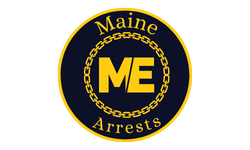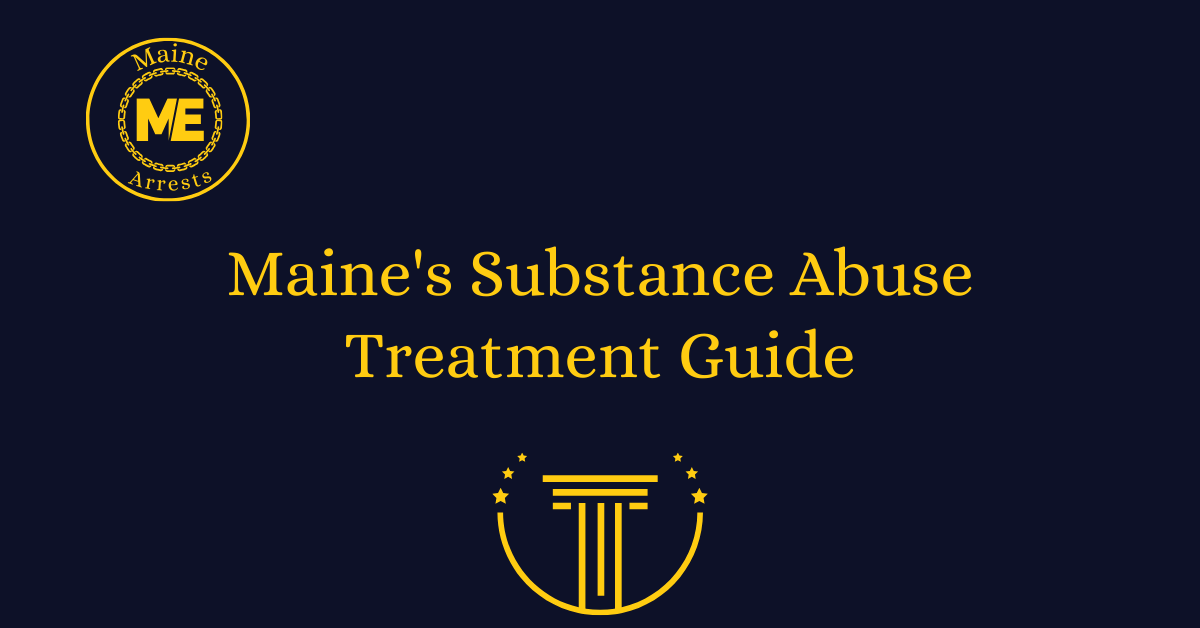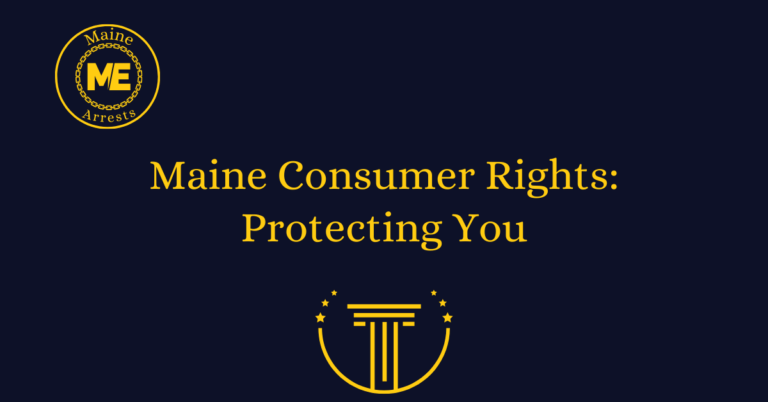Maine’s Substance Abuse Treatment Guide
Substance abuse remains a significant public health concern in Maine, as it does across the United States. From opioids to alcohol and other drugs, addiction affects individuals, families, and communities, straining resources and causing harm. However, amidst these challenges, Maine offers a range of treatment options and resources to support those struggling with substance abuse disorders. This guide explores the landscape of substance abuse treatment in Maine, including available services, approaches to treatment, and avenues for support.
Understanding Substance Abuse in Maine
Before delving into treatment options, it’s crucial to understand the scope of substance abuse in Maine. The state has seen its share of challenges, particularly concerning opioid abuse. According to the Maine Office of Substance Abuse and Mental Health Services, opioids account for a significant portion of substance abuse issues, leading to overdoses and fatalities. Additionally, alcohol abuse remains prevalent, alongside the misuse of other drugs like methamphetamine and benzodiazepines.
Treatment Options
Maine offers a variety of treatment options tailored to individual needs and preferences. These options typically include:
- Inpatient Treatment: Inpatient or residential treatment programs provide intensive care in a structured environment. They offer 24-hour support, medical supervision, counselling, and therapy to address substance abuse disorders comprehensively.
- Outpatient Treatment: Outpatient programs allow individuals to receive treatment while maintaining their daily routines. These programs offer flexibility and may include counselling, group therapy, and medication-assisted treatment.
- Medication-Assisted Treatment (MAT): MAT combines medications with counselling and behavioural therapies to treat substance abuse disorders effectively. Medications like methadone, buprenorphine, and naltrexone are commonly used to manage cravings and withdrawal symptoms.
- Therapy and Counseling: Individual and group therapy sessions play a crucial role in addressing the underlying causes of substance abuse and developing coping mechanisms to maintain sobriety.
- Peer Support Groups: Peer support groups, such as Alcoholics Anonymous (AA) and Narcotics Anonymous (NA), provide individuals with a supportive community of peers who understand their struggles and offer guidance and encouragement.
Accessing Treatment
Accessing treatment in Maine is facilitated through various avenues:
- Maine’s Substance Use Warm Line: This helpline provides support, information, and referrals to individuals seeking assistance for substance abuse issues. It connects callers with resources and treatment options tailored to their needs.
- Healthcare Providers: Primary care physicians, mental health professionals, and addiction specialists can assess individuals’ needs and provide referrals to appropriate treatment programs.
- Community Resources: Local organizations, community centres, and religious institutions may offer support groups, counselling services, and other resources for individuals struggling with substance abuse.
- Online Resources: The internet serves as a valuable resource for finding information on treatment options, support groups, and recovery resources available in Maine.
Barriers to Treatment
Despite the availability of treatment options, several barriers may hinder individuals from accessing the help they need. These barriers include:
- Stigma: The stigma surrounding substance abuse and mental health issues may prevent individuals from seeking treatment due to fear of judgment or discrimination.
- Lack of Insurance Coverage: Limited or no insurance coverage for substance abuse treatment may pose a significant barrier to accessing care for many individuals.
- Geographic Barriers: Rural areas may have limited access to treatment facilities and resources, making it challenging for individuals in these areas to receive the care they need.
- Waitlists: High demand for treatment services may result in waitlists, delaying access to care for individuals in need.
FAQs
What is substance abuse treatment?
Substance abuse treatment refers to a range of interventions and therapies designed to help individuals overcome addiction to drugs or alcohol. It typically involves a combination of medical, psychological, and social support to address the physical, mental, and emotional aspects of addiction.
What types of substance abuse treatment are available in Maine?
Maine offers a variety of substance abuse treatment options, including inpatient rehabilitation programs, outpatient programs, detoxification services, and medication-assisted treatment. These services are provided by licensed treatment centres, hospitals, and other healthcare organizations.
How long does substance abuse treatment typically last?
The duration of substance abuse treatment varies depending on the individual’s needs and progress. Some programs may last a few weeks, while others can span several months. It’s important to remember that recovery is a lifelong process, and ongoing support may be necessary even after completing a treatment program.
What should I expect during substance abuse treatment?
During substance abuse treatment, you can expect to undergo an initial assessment to determine the most appropriate level of care. Treatment may include individual and group therapy, educational sessions, relapse prevention strategies, and support from healthcare professionals. It’s important to actively participate and engage in the treatment process to maximize your chances of success.
How much does substance abuse treatment cost in Maine?
The cost of substance abuse treatment in Maine can vary depending on the type of program and the level of care needed. Some treatment centres may accept insurance or offer sliding scale fees based on income. It’s important to contact individual treatment centres to inquire about their specific pricing and payment options.
What support is available after completing substance abuse treatment?
After completing substance abuse treatment, ongoing support is crucial for maintaining long-term recovery. Maine offers various resources such as support groups, counselling services, and aftercare programs. These resources can provide continued guidance, encouragement, and assistance in navigating life without substances.







